- Home
- Multimedia
- Photo Gallery
- Degrading our planet, one nanoparticle at a time
Degrading our planet, one nanoparticle at a time
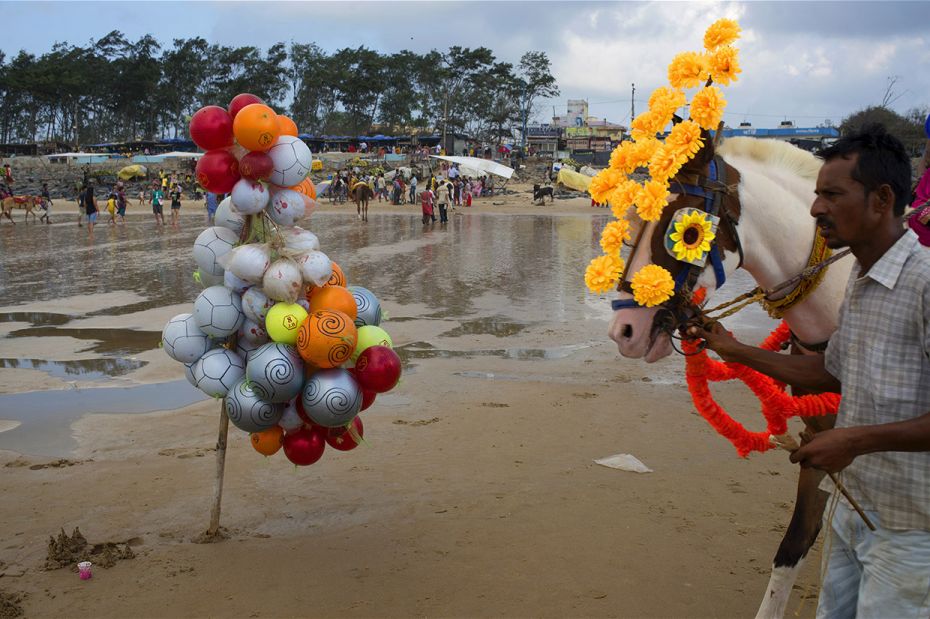
Image by : Subhendu Sarkar/LightRocket via Getty Images
1. Why is there a lack of civic sense among the people of India?
2. Do Indians lack civic sense? And how?
3. What is the reason behind the poor civic sense of Indians?
4. What would be some great ways to increase civic sense among common Indian citizens?
The answers vary and reasons span from ‘parental values’ to ‘third world rat race’ to ‘false entitlement’. But these answers (or the use of plastics) aren't exclusive to Indians so we’ll leave it at that.

Image by : Mohamed Farag/Anadolu Agency/Getty Images
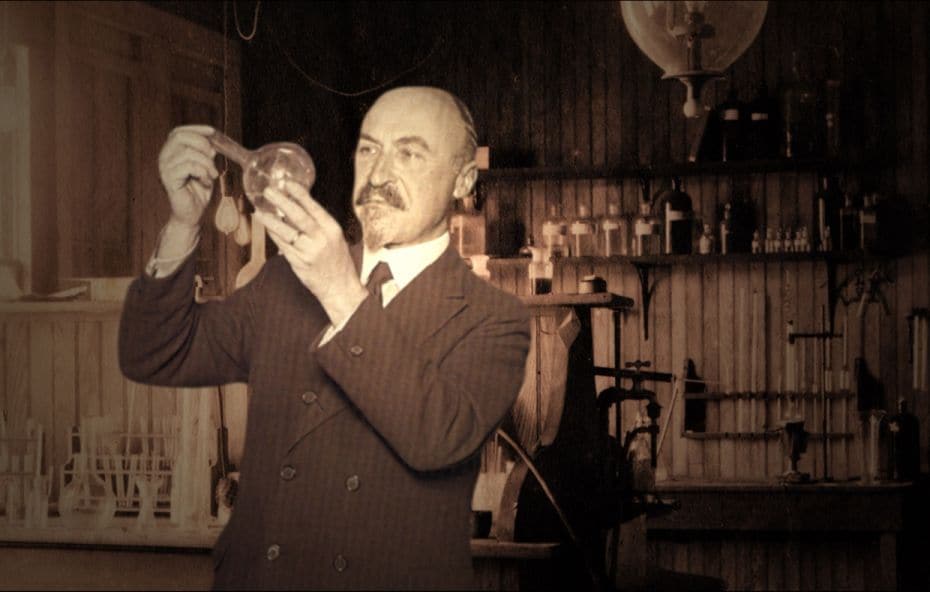
Image by : PlasticsNews
Plastic is everywhere, and so is photography now. Leo Baekeland’s association with both is legendary. Around 1894, Leo perfected a photographic paper that would allow enlargements to be printed by artificial light, which he named "Velox". It was the first commercially successful photographic paper. To make up for the lack of an investor, he found a partner and established the Nepera Chemical Company in New York. In 1899, Leo and his partner sold Nepera to George Eastman of the Eastman Kodak Co. for $750,000, signing a non-compete clause: Leo agreed not to do research in photography for at least 20 years. So he set out to find another promising area of research. In 1907, Leo invented bakelite, the world’s first fully synthetic plastic and coined the term ‘plastic’.

Image by : Jessica Hromas/Getty Images
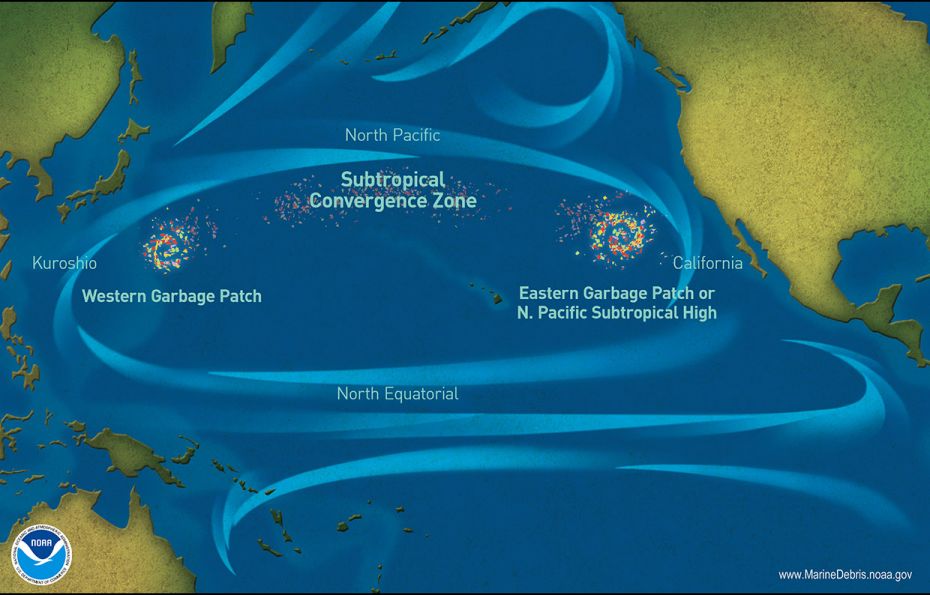
Image by : Courtesy- marinedebris.noaa.gov
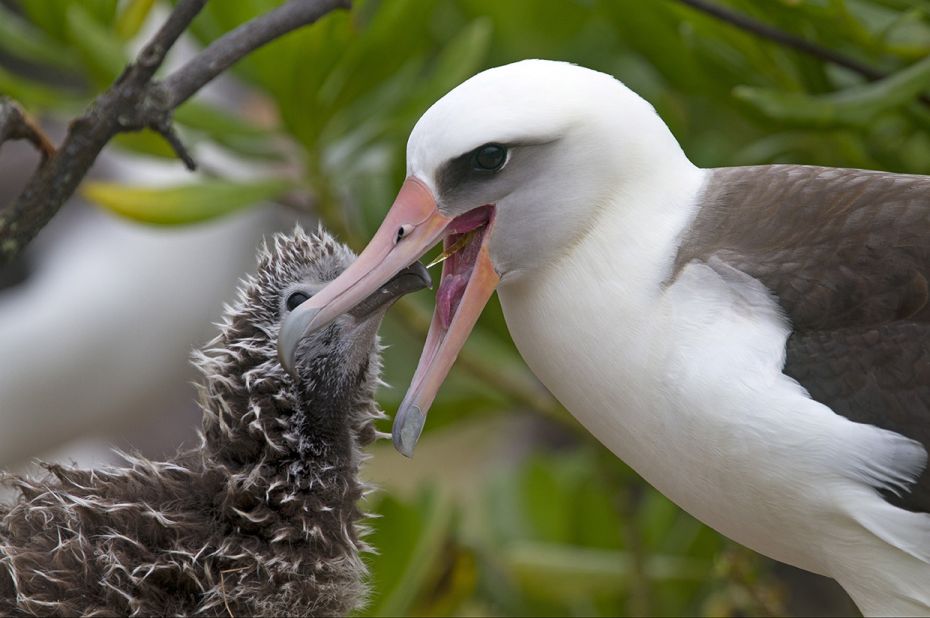
Image by : Sylvain Cordier/Gamma-Rapho via Getty Images
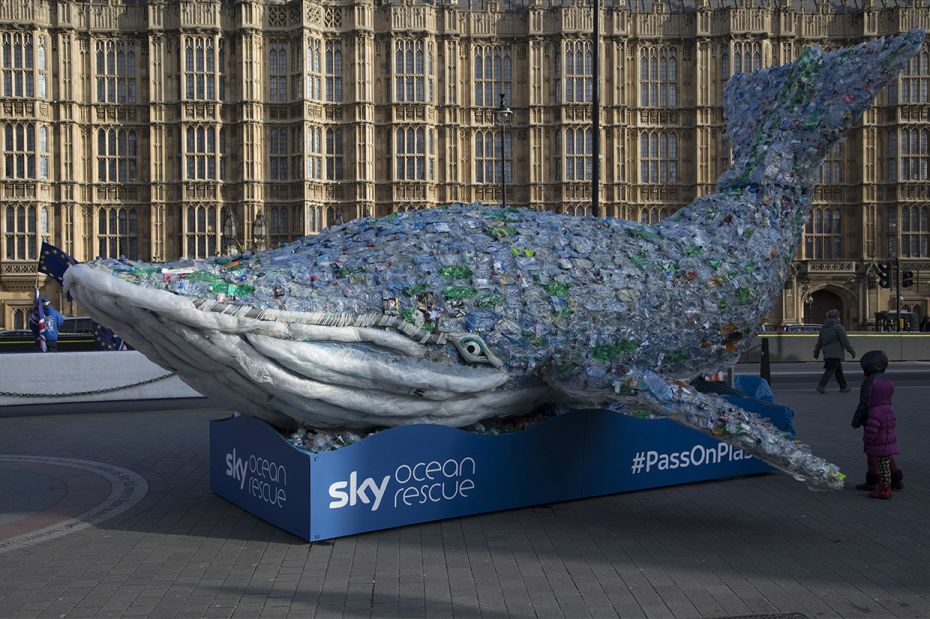
Image by : Mike Kemp/In Pictures via Getty Images
The danger isn't merely in their toxicity, but its presence that impedes functioning. Most organisms can’t break down these particles. They build up over time and can even cross the blood-brain barrier, according to a recent study by Lund University researchers, at current rates of pollution, there will likely be more plastic in the sea than fish by 2050, according to a UNEP report. In December 2017, total of 194 UN countries signed a resolution to help eliminate marine litter and microplastics.
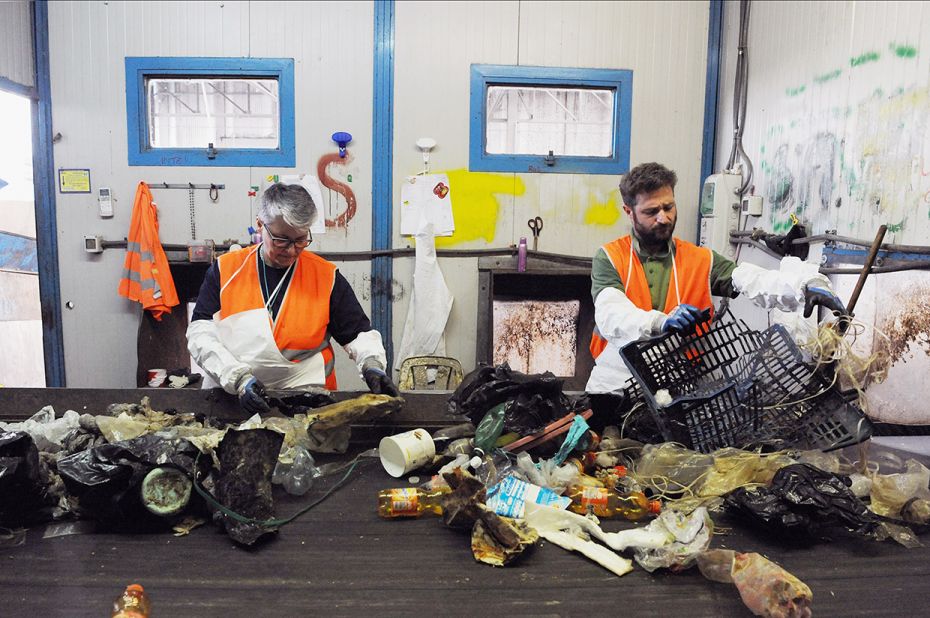
Image by : Laura Lezza/Getty Images
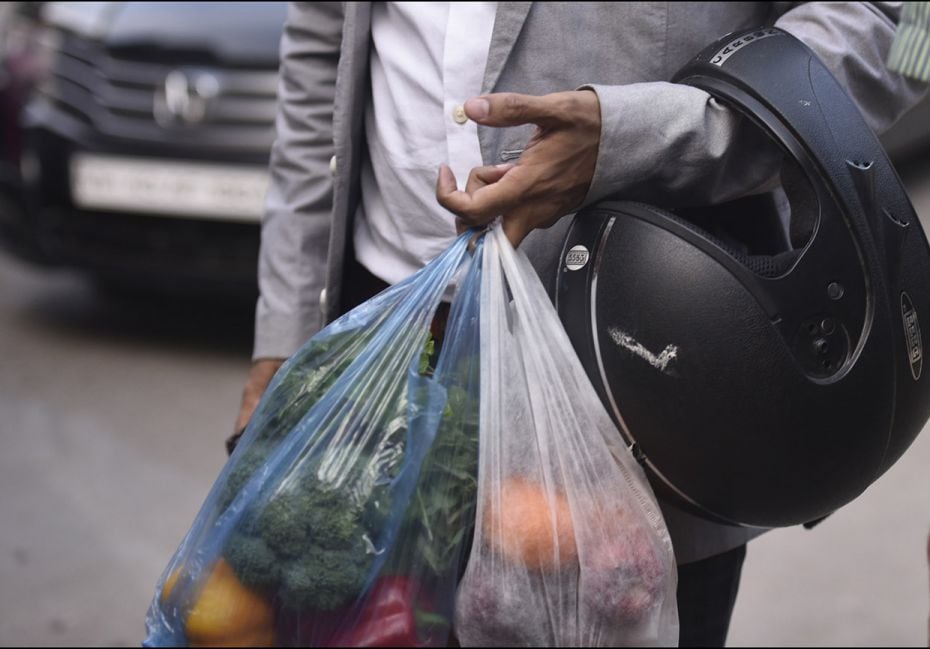
Image by : Satish Bate/Hindustan Times via Getty Images
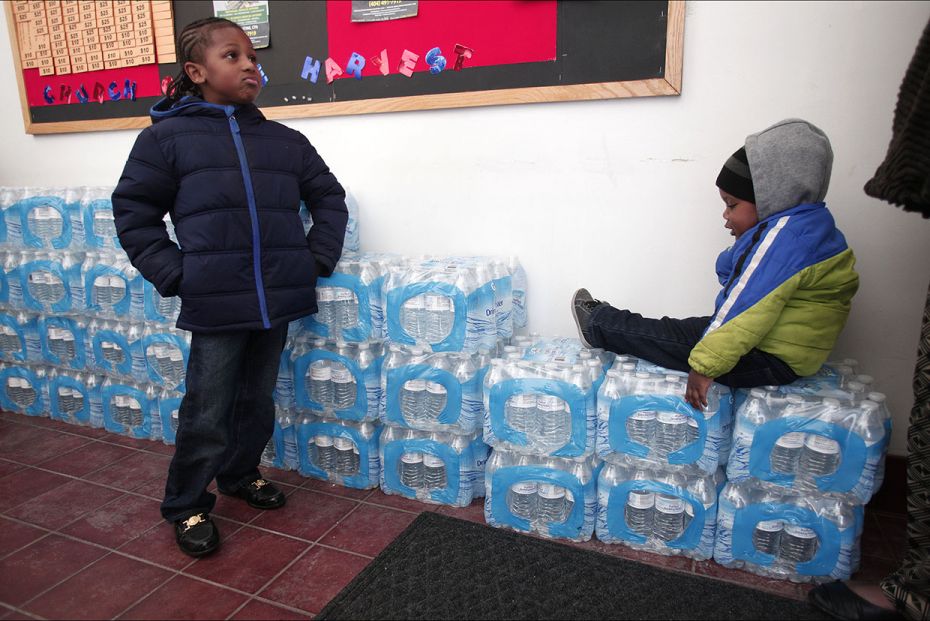
Image by : Bill Pugliano/Getty Images
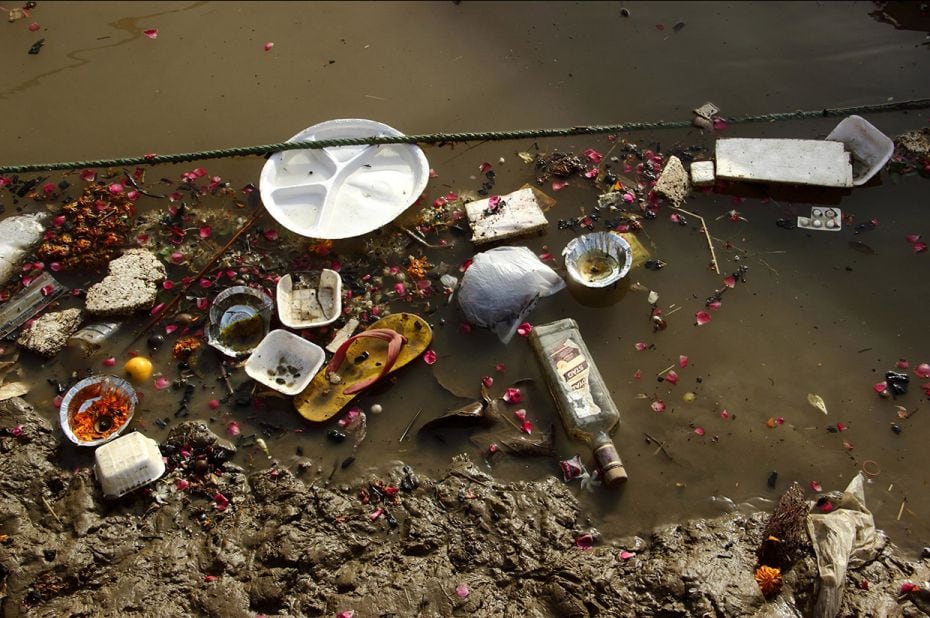
Image by : Shashi Sharma/Pacific Press/LightRocket via Getty Images
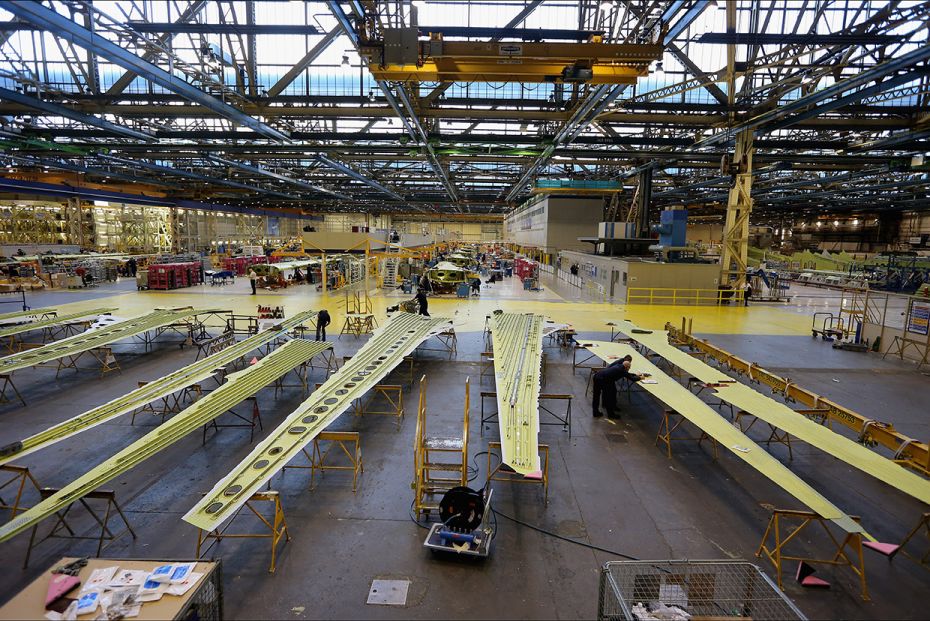
Image by : Christopher Furlong/Getty Images
What can I do? Plastic is ubiquitous in our lives in the modern world. The wings of the plane you fly in uses carbon-fibre reinforced plastic, glass-fibre reinforced plastic and quartz-fibre reinforced plastic extensively. We have produced more plastic in the last decade than in the whole last century, 50 percent of it is in the form of single-use or disposable products, says a UN Environment report. Every year the world uses 500 billion plastic bags. What can I do? You don't need Quora for answers. Reduce. Reuse. Recycle.
Credits: UN Environment, Wikipedia.





